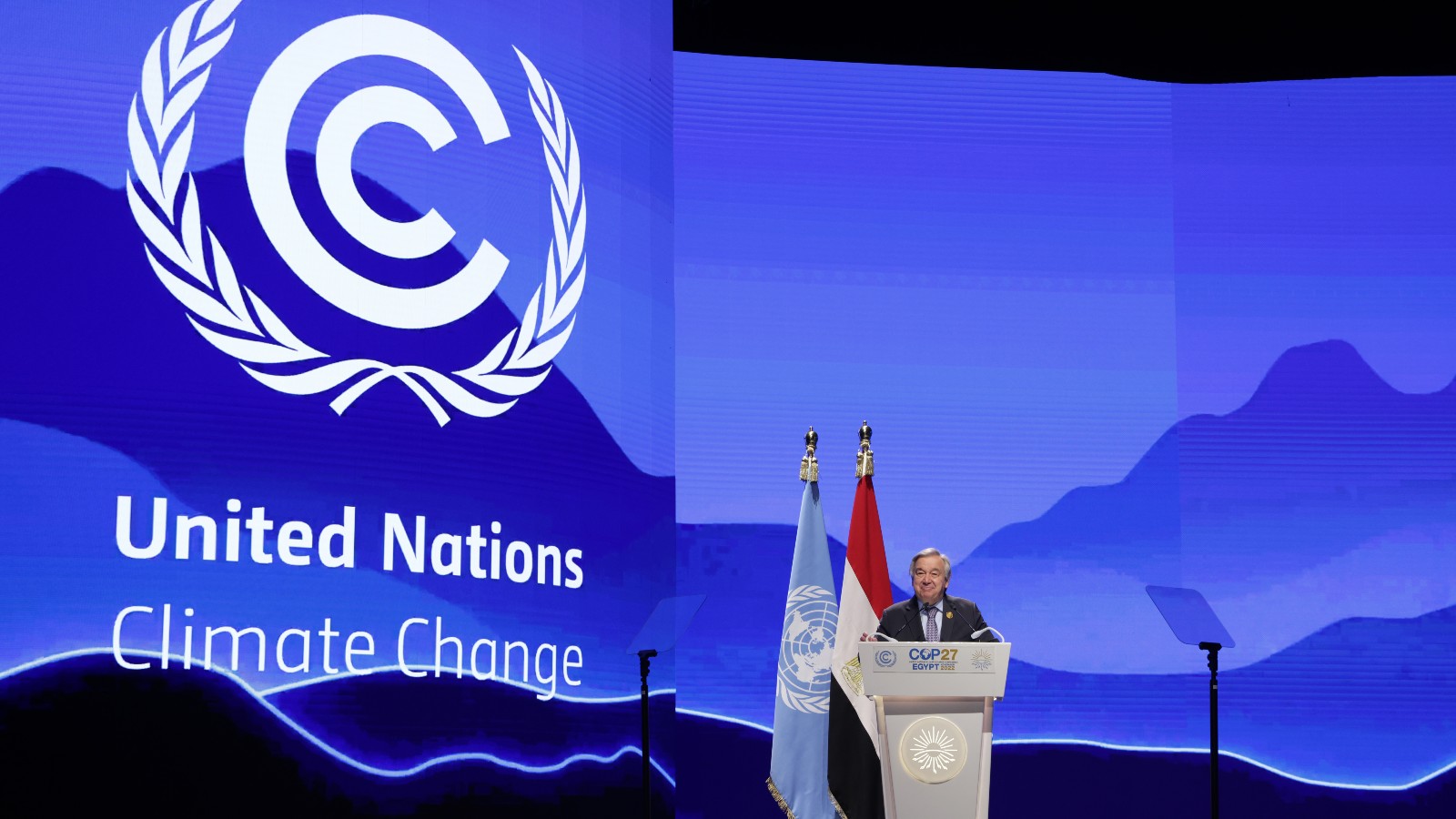A new United Nations report finds that countries’ current plans to reduce their carbon emissions would actually increase global emissions 8.8 percent by 2030 compared to 2010 levels — falling far short of the drastic cuts needed to limit warming.
Under the 2015 Paris Agreement, which set a target of limiting warming to 1.5 degrees Celsius (2.7 degrees Fahrenheit), countries agreed to submit plans detailing how they would do their part to curb emissions. These plans are known as “nationally determined contributions,” and countries are encouraged to strengthen them frequently. But year after year, the U.N. has found a wide gap between the commitments made and the action needed to reach the Paris target — a 45 percent reduction in global emissions by 2030 compared to 2010 levels. Last year, the same report projected that emissions would rise 10.6 percent by 2030, making this year’s finding a minor improvement.
“Today’s report shows that governments combined are only taking baby steps to avert the climate crisis,” Simon Stiell, executive secretary for the U.N. Framework Convention on Climate Change, said in a video released on Tuesday. “And it shows why governments must make bold strides forward at COP28 in Dubai to get on track.”
At the end of this month, world leaders are expected to review their commitments at the annual U.N. climate talks in Dubai and agree to set more ambitious national goals under the Paris Agreement. A report that the U.N. released in September found that countries are coming up short on almost every goal set in the landmark climate treaty, including by making inadequate progress on adaptation efforts and failing to provide enough financing to developing countries.
One encouraging sign from today’s report is that if countries follow through on their current commitments, emissions are expected to be 2 percent lower in 2030 than in 2019. That means that global emissions would peak within this decade. In order for that to happen, the report stresses that countries need to implement all parts of their climate action plans, which include enhancing financial and technological resources and leaning on market-based mechanisms, such as a new global carbon market.
The U.N. Framework Convention on Climate Change secretariat also released a second report today on countries’ long-term emissions reduction plans. The report found that if the 75 countries that have submitted long-term plans follow through on their commitments, including net-zero targets, their emissions will decline 63 percent by 2050 from 2019 levels. The countries represent 68 percent of the world’s population and 77 percent of global greenhouse gas emissions.
Stiell nodded toward the fact that over the years, climate advocates and even former U.N. officials have grown weary of the annual climate negotiations and the lack of progress achieved at them. “We need to rebuild trust in the Paris process, which means delivering on all commitments,” he said. But he noted that countries can still take tangible steps to keep 1.5 degrees C in reach.
A report by the International Energy Agency published in September found that countries can still reach net-zero emissions by 2050 — and have a shot at keeping warming to 1.5 degrees C — if they triple renewable power capacity and double the rate of energy efficiency improvements by 2030.
“This means COP28 must be a clear turning point,” Stiell said. “Governments must not only agree that stronger climate actions will be taken, but also start showing exactly how to deliver them.”



